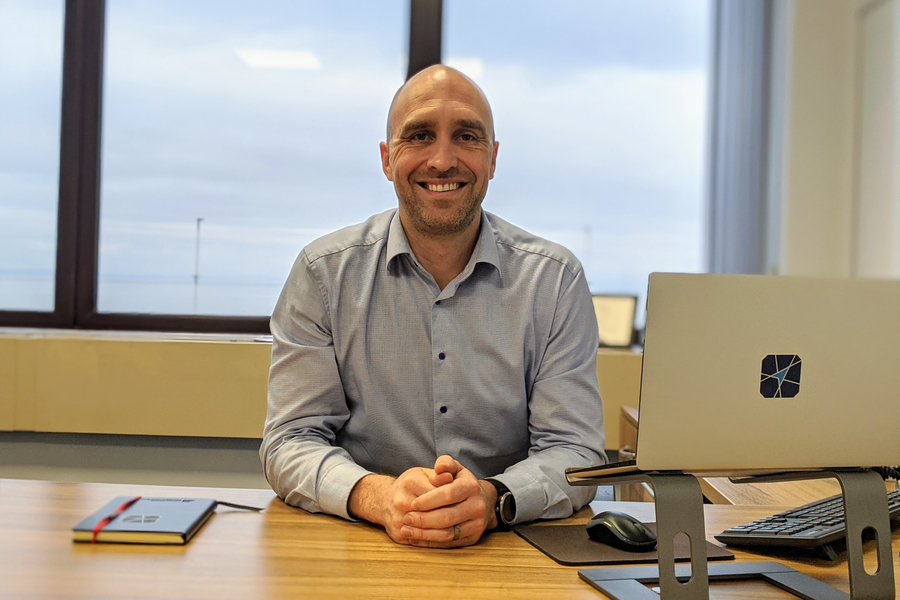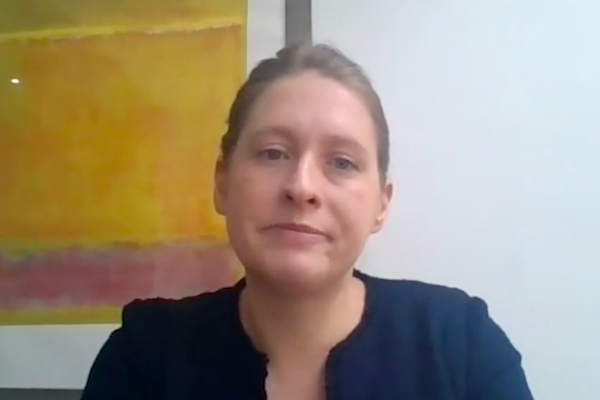When it comes to your business, you may choose to introduce upskilling for a variety of reasons: maybe you’re introducing a new piece of tech that requires knowledge across the company, or perhaps you’ve noticed that just a handful of staff are missing one skill in particular.
Chris Mayne, managing director of engineering business Forsberg, and Greg O’Brien, managing director of facilities management company AM Services Group, have both introduced upskilling programmes within their business to develop the skills of their employees.
“The business has grown probably by about 40 per cent in three years,” Greg explained, “and the skillset of our management team has needed to grow along with the growth of the organisation itself.”
Greg added that upskilling was essential if staff were to keep pace with the changing workplace, but also the changing client base.
“As we’ve grown and gone from an average contract value of tens of thousands to hundreds of thousands of pounds, clients have got greater needs, so we need to be more prepared ourselves in dealing with them.”

For Chris, much of the drive behind the upskilling programmes in his business stems from the desire to give colleagues ownership of their own development.
“One of the best things that we’ve done is overhaul the way we did our appraisals,” he said. “We changed the emphasis to become more employee-led than the manager sitting down and going through some questions every six months.”
“We built the personal development plans into their one-to-ones and encouraged staff to reflect on where they want to be themselves, and then align that with the managers in terms of how they develop their own roles.”
Through individual reflection on how they wanted to develop, employees were able to identify areas that they wanted to improve, or skills they had an interest in.
After aligning their development goals with the wider needs of the business, the company was able to provide the training and learning they needed to upskill. Chris said that sometimes this involved outside or external training but could also include mentoring from others within the business.
“We saw the emphasis change from being forced to do training to taking ownership, and the engagement you get from that is really good – we’ve had a very good uptake,” Chris reported.
Greg also believes that giving staff ownership through upskilling is key for business development. As an example, he referenced a recent experience with a health and safety course.
The model of Greg’s business means that he has over 750 staff who work in over 110 different client buildings – they rarely, if ever, come into the head office, but they needed to manage the company’s health and safety culture.

“We made it a business improvement target and, to enable a change in that culture, we upskilled all the managers in their health and safety knowledge,” Greg explained. “From those, we created leaders within the teams to be the go-to person [for health and safety].”
“The management team have now all done a health and safety course, and two of those managers have gone on to do [a higher qualification],” he continued.
“We’ve now got a real hierarchy within the operational team and they’ve all got go-to people within their sectors, rather than going to a single health and safety manager who’s sat behind his desk capturing the numbers. We’ve got people out in the field who really know what’s going on, all the way down at grassroots level.”
Chris also believes that giving managers the chance to upskill within their role is a key part of both their development and the development of the business.
Citing his company’s leadership pipeline programme, Chris described how they had created a visual route of what it’s like to be a manager at Forsberg, and how staff can develop from being an individual contributor through to managing cross-function teams and managing managers.
“We emphasise the transitions that you’re going to step through, and then we build together in what we call a line manager passport,” he explained.
“The key with that, though, is identifying and making people more aware of the challenges they are going to face as they take on these new responsibilities, because it’s very different managing managers compared to managing people.”
This programme for better preparedness originated from an employee engagement survey, which highlighted that the business needed to improve the consistency of how they were handling opportunities and issues surrounding growth.
Top three takeaways:
- Giving employees the opportunity to develop their own upskilling programme creates ownership
- Upskilling at all levels can help your business run more efficiently
- Upskilling comes in many shapes and forms
Employees



